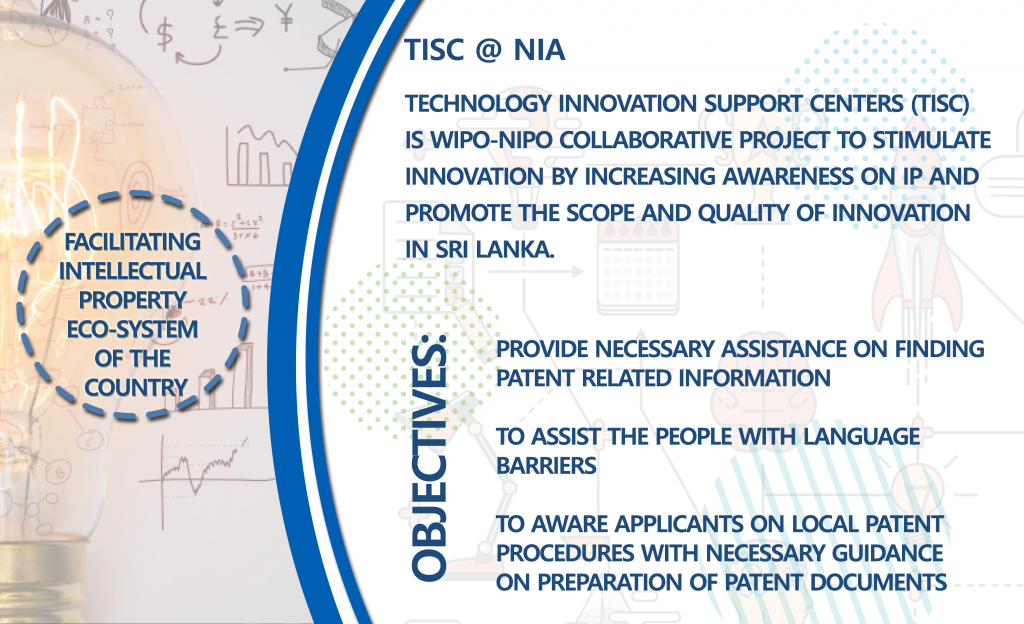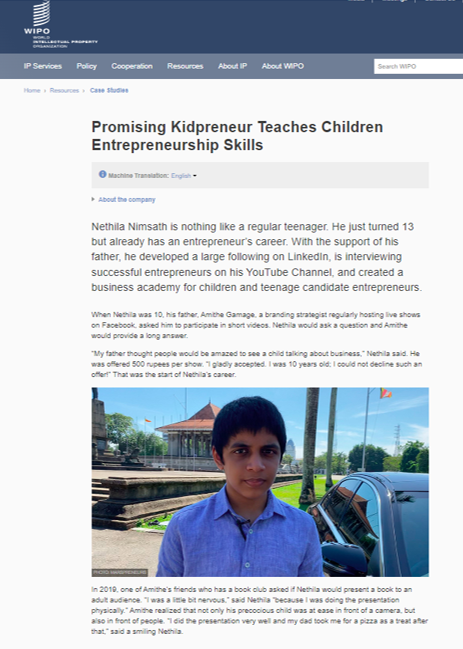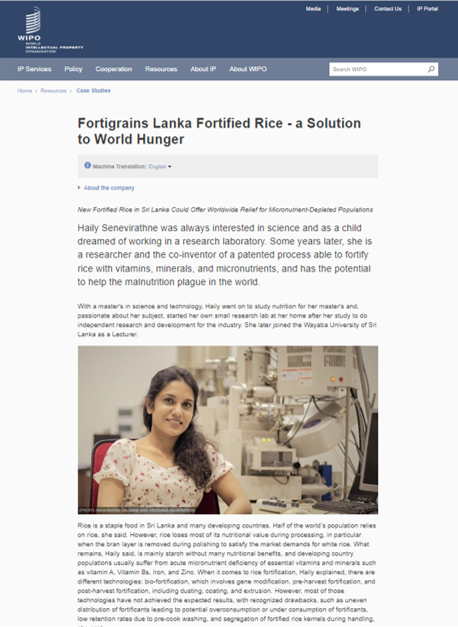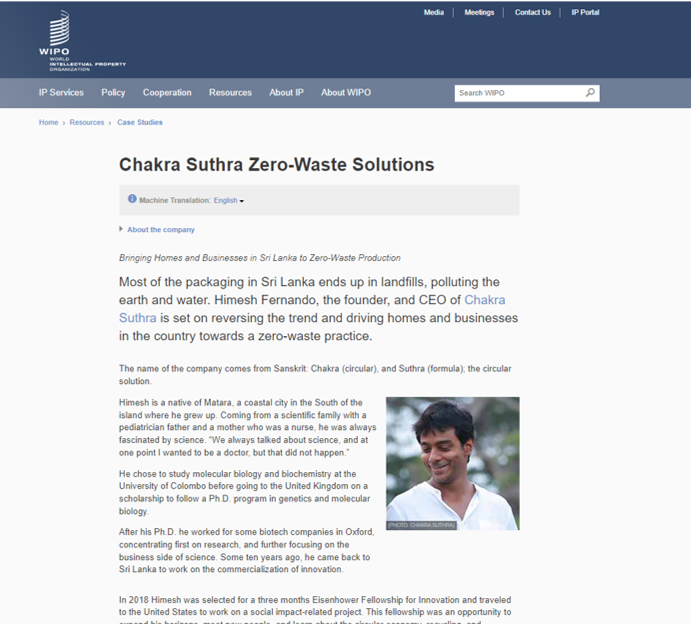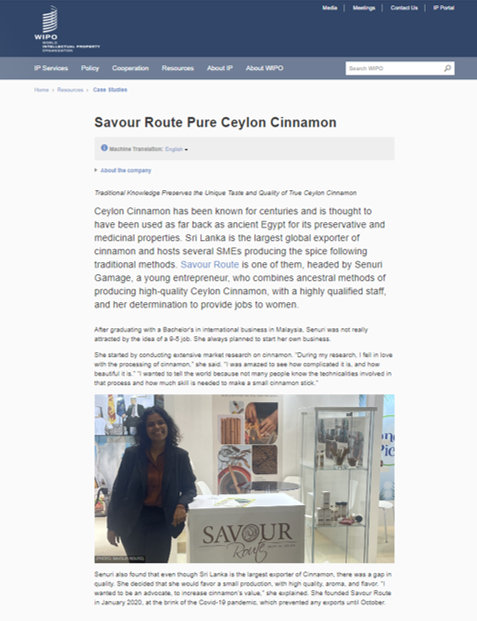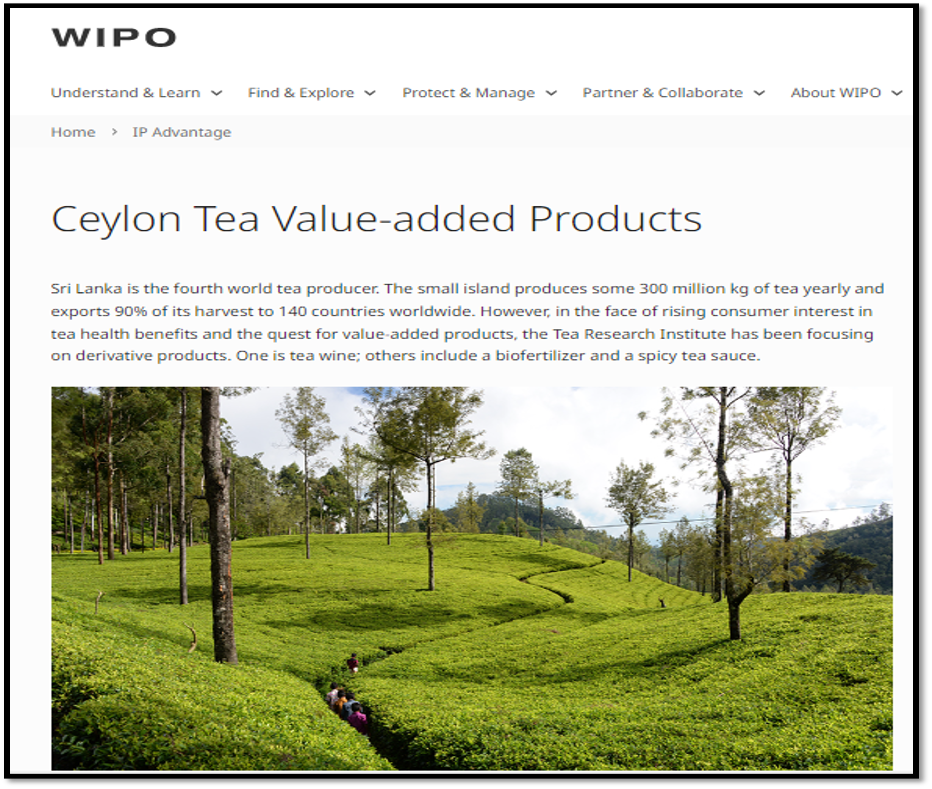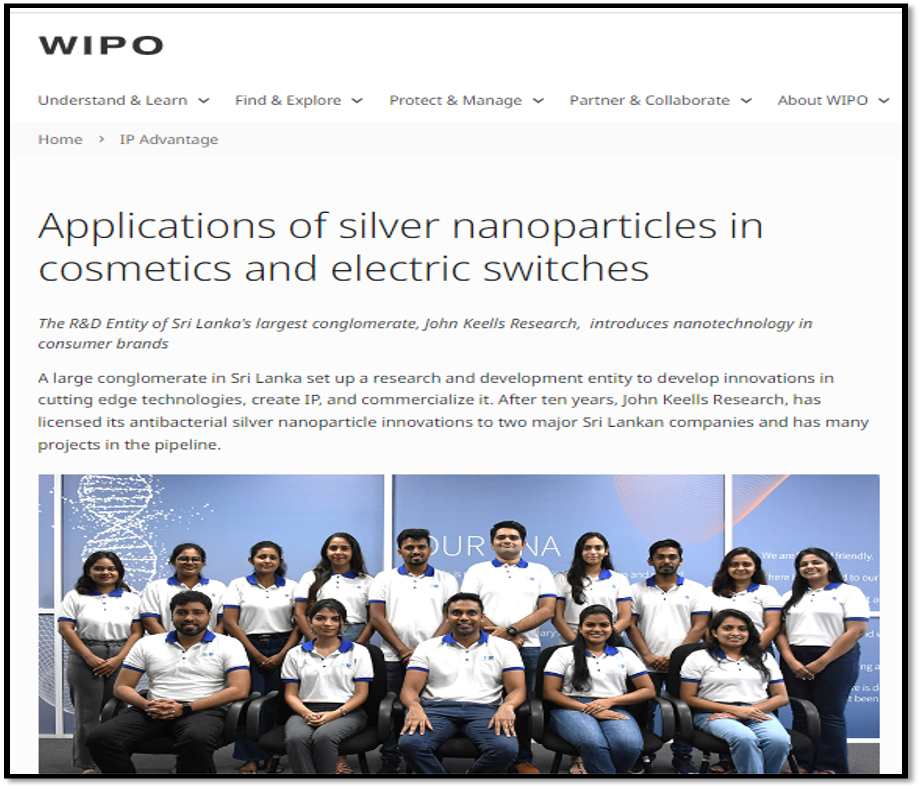Technology Innovation Support Centers
The World Intellectual Property Organization (WIPO) has come up with the concept of Technology and Innovation Support Centers (TISC) in order to provide innovators in developing countries with access to locally based, high-quality technology information and related services. The centers will help the innovators to exploit their innovative potential and to create, protect, and manage their intellectual property (IP) rights ( Adapted from http://www.wipo.int/
The intention of WIPO is to open 22 TISC centers throughout Sri Lanka. The TISC@NIA is the successor TISC @COSTI which was launched on 18th December 2014 under the assistance of the National Intellectual Property office (NIPO) targeting to facilitate the Intellectual property eco-system of the country.

TISC @ NIA
The Innovator's Log Book
“The Innovator’s Log Book” is an essential tool for creative minds, inventors, engineers, and innovators seeking to document and organize their ideas, inventions, and experiments. This meticulously designed logbook serves as a structured repository to capture and refine groundbreaking concepts and projects.
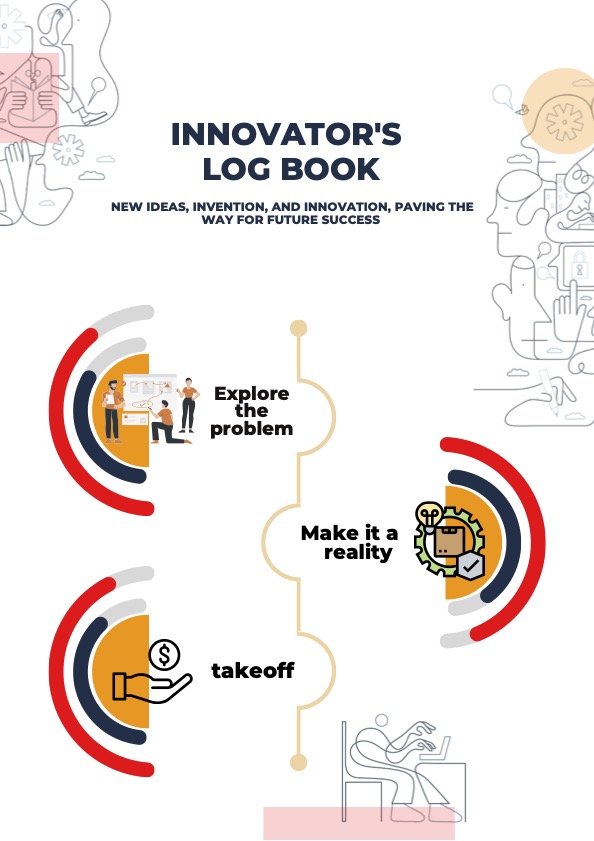
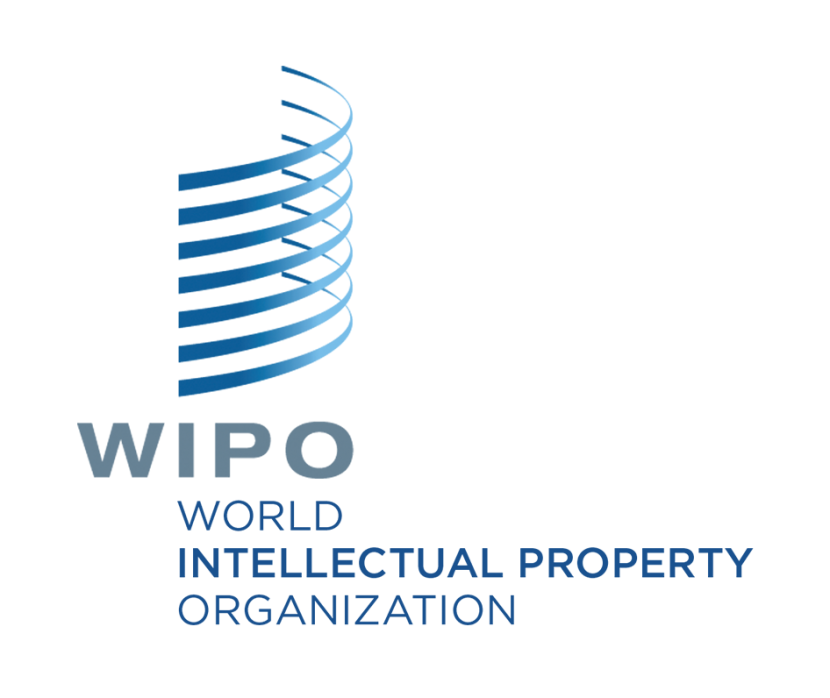
IP Diagnostics Tool
The IP Diagnostics Tool by WIPO is an online resource for businesses to assess and improve their intellectual property strategies. It provides a personalized report on IP assets, strengths, weaknesses, and recommendations. It helps companies maximize IP value and competitiveness.
TISC @ NIA Vision and Mission
Vision
"To become the leading Technology Innovation Support Center in the country that empowers Inventors and Innovators and facilitates the Intellectual Property ecosystem in an innovation-driven economy."
Mission
"The Technology Innovation Support Center is to provide reliable, leading-edge, customer-driven support and facilitate teaching, learning, and the delivery of services in the Areas of Intellectual Property Protection, Technology transfer and Commercialization."
TISC @ NIA
MILESTONES
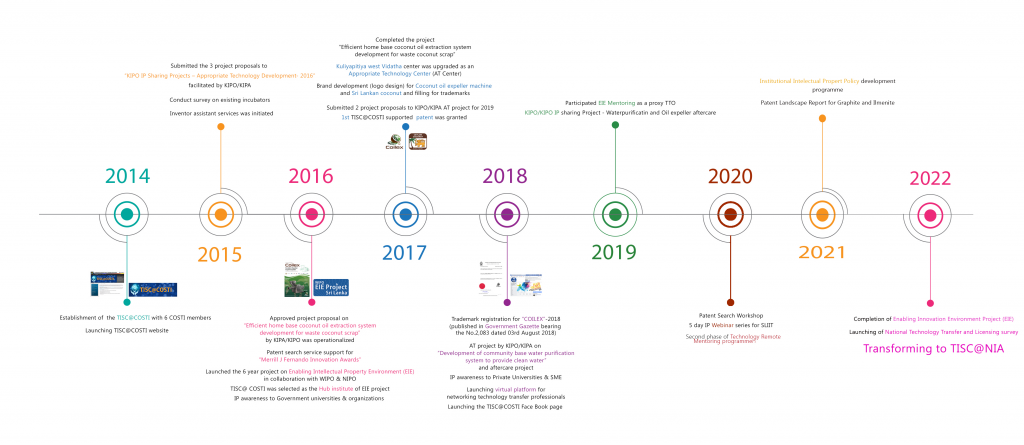
TISC
Awareness Session
IP (Intellectual Property) Day
Live on Demand
IP Day (26th April) was celebrated by NIA
Sri Lanka Entrepreneurs showcase
Success stories of Sri Lankan Entrepreneurs which the WIPO published through NIA coordination.
Top 10 Most Popular FAQ`s
A patent is an exclusive territorial right granted for an invention for a limited time of period. Exclusive right for: commercially made, used, distributed, imported, or sell time of period: 20 years from the filing date of the application.
- Make strong market position
- higher returns on investments
- opportunity to license or sell the invention
- increase in negotiating power
- positive image for your enterprise /business
- if not patented by yourself, somebody else might patent them
- if not patented by yourself, competitors will take advantage of your invention
- new (or ‘novel’);
- involve an inventive step (new or is ‘not obvious’); and
- capable of industrial application (or have ‘utility’, or be ‘useful’)
In many circumstances, public disclosure of the invention prior to filing the application would destroy the novelty of the invention, rendering it unpatentable,
some countries provides a “grace period” of 6 or 12 months, from the moment an invention was disclosed until the application is filed
The date of filing of the first application, called the priority date.
Priority date is a earlier filing date, when continuation patent applications for regional or international
- Formality examination,
- Substantive examination, and
- The grant and publication of the patent.
Determine the prior art in the specific field to which the invention relates. The patent Office checks its documentation collection including using the International Patent Classification code (IPC) code.
- claims
- detailed description (or specification)
- drawings
- background
- abstract
- summary
- National patent laws/legislation;
- Regional patent laws/legislation, and
- International treaties on patents
- Patents
- Utility models
- Trade secrets
- Know-how agreements

